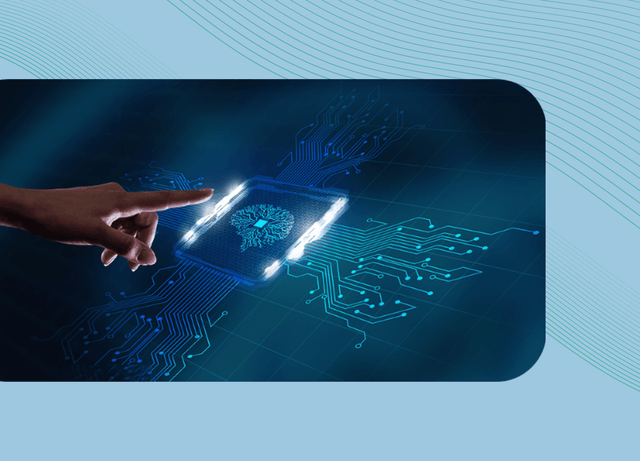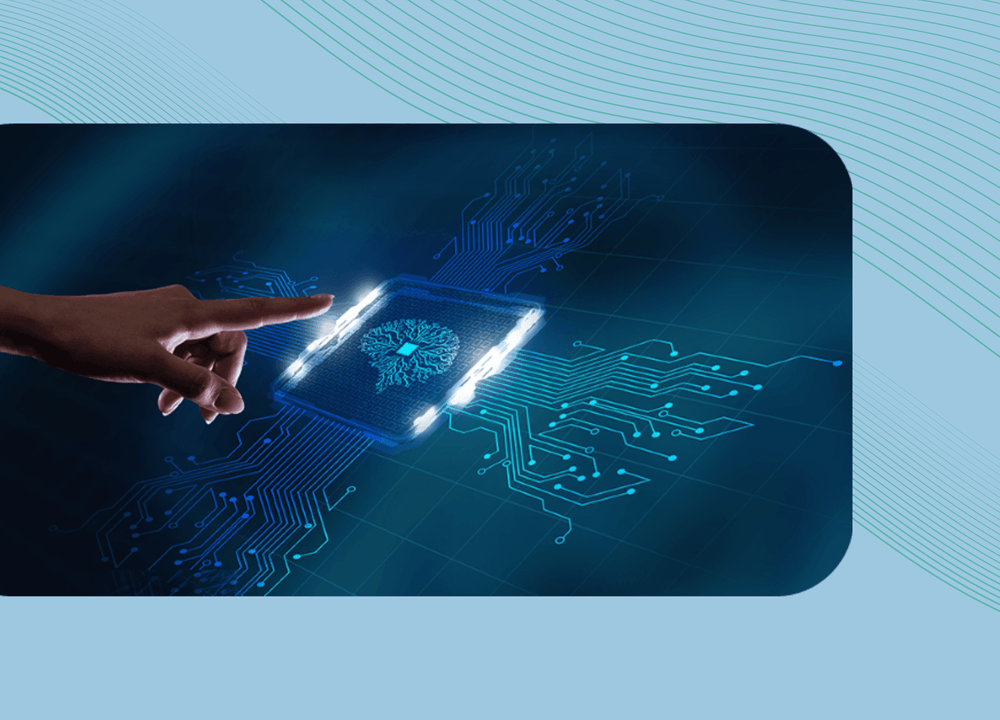
- August 08/ 2023
- AI
Moving Towards AI
Unlocking opportunities and addressing challenges
Moving Towards AI
Unlocking opportunities and addressing challenges
The era of Artificial Intelligence (AI) is no longer a distant dream, it’s already here, making significant changes in various aspects of our lives, from business and work to daily decision-making activities. Understanding the current trend and its advantages, as well as the challenges faced by societies and businesses when implementing AI tools is crucial for a smooth transition into this newly powered future.
The Transformative Power of AI
AI has countless applications that span across multiple sectors, including finance, national security, healthcare, criminal justice, transportation, and smart cities. The rising demand and adoption of it comes from its potential to transform decision making, business models, process automation, risk management techniques, and overall system performance.
The true power of AI lies in its ability to process and analyze large data sets quickly and accurately. By reducing human error and automating repetitive tasks, it not only facilitates fast decision making, but also ensures round the clock availability. As a result, businesses can enhance productivity and efficiency while improving accuracy in their operations. Take chatbots and voice assistants powered by machine intelligence as an example; they can effectively address customer queries in a timely manner.
This is also evident from the fact that 66% of American cities are investing in smart city technologies driven by it. NEOM, a $500 billion megacity project in Saudi Arabia, is heavily investing in AI and partnering with various companies to develop new applications that have the potential to improve transportation, healthcare, education, and business operations.
Challenges in AI Adoption
However advantageous it may be, it is not without its own set of challenges when it comes to adopting AI solutions. Some common issues include difficulties in accessing reliable data sources, reliance on data containing biases or using unfair algorithms leading to ethical concerns regarding transparency. These challenges demand careful consideration to avoid potential discriminatory practices rooted in biased or unfair algorithms.
While it’s true that AI has the capability to transform industries, it’s important not to overly depend on it for all decision-making. Striking the right balance between machine learning and human capabilities is crucial to safeguard the unique functions of the human brain. Overcoming these challenges requires a robust strategy that focuses on improving data access, increasing government investments in machine learning development, formulating policies, and addressing potential risks associated with it. In order to effectively integrate it into their operations, businesses should first define clear applications for AI, invest in process enhancement, develop organizational capabilities, and determine the sources of data that will be used.
The biggest challenge today is the ability to build AI capabilities within the region to enable the achievement of vision 2030 in the Kingdom of Saudi Arabia and ensure the integration of AI in recommendations for decision making and improving overall quality of services.
Navigating the AI Era
In the present circumstances, there is an increasing need for collaboration across various disciplines to navigate the complex relationship between machine learning and work. This collaboration should involve employers, policymakers, educators, and individuals working together to ensure that it benefits society. Furthermore, trust in the technology holds great importance. Businesses must address how adaptable it is in different job types and industries and consider the role of "ed tech" companies in public education systems.
AI has the potential to greatly transform the global economy offering a possibility of contributing up to $15.7 trillion in 2030. The Middle East region is expected to be a significant player in this growth with an expected share of 2% of the total global benefits amounting to an impressive equivalent of US$320 billion. Among Middle Eastern countries, Saudi Arabia stands out as the largest beneficiary with AI projected to contribute over US$135.2 billion in 2030 to its economy, making up a substantial 12.4% of the nation’s GDP. The potential demonstrated by machine learning in these economies paints a promising picture for driving economic advancement in the Middle East.
AI has immense potential to drive significant change and offer numerous benefits and opportunities. However, it is crucial to address the challenges it presents and fully understand the implications of using systems that are based on it while ensuring their ethical use. As we move towards an era driven by intelligent automation technology, maintaining a balance between its benefits and human capabilities will be paramount.

